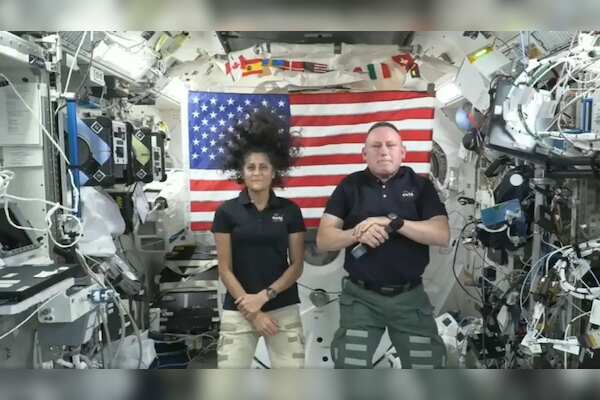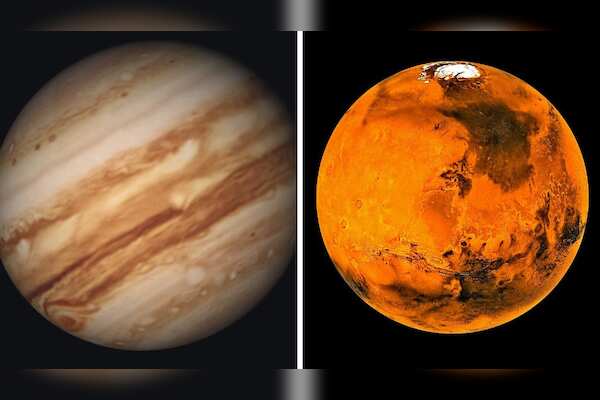A significant breakthrough has been made in the effort to combat insulin shortages in diabetes patients. Researchers in Brazil have genetically modified a brown bovine cow to extract human insulin and proinsulin directly from the cow's milk. This groundbreaking study, published in the Biotechnology Journal, showcases the potential of this innovative approach.
The process involved somatic cell nuclear transfer to develop specialized embryos, which were then implanted into cows. While only one transgenic cow was successfully produced, the results were promising. Analysis of the milk showed the presence of both proinsulin and insulin, demonstrating the feasibility of this method for insulin production.
However, the study faced challenges. Dr. Splenser, an endocrinologist at Memorial Hermann in Houston, expressed concerns about the need for hormonal stimulation to induce lactation in transgenic cows.
Although this advancement shows promise for alleviating insulin shortages, ethical considerations regarding genetically modified animals must be carefully examined. Dr. Wheeler, a Biotechnology Professor at the Carl R.Woese Institute for Genomic Biology at the University of Illinois Urbana-Champaign, emphasized the importance of further research to evaluate the efficacy of the process.
While we may one day be able to utilize milk as a source of essential medical proteins for human patients and potentially find a way to deliver insulin to diabetic patients without injections, this goal is still years away. This study serves as a proof of concept, and more research is needed to determine the production capabilities and effectiveness of insulin for diabetes treatment, Dr.Wheeler stated.









 English (US)
English (US)